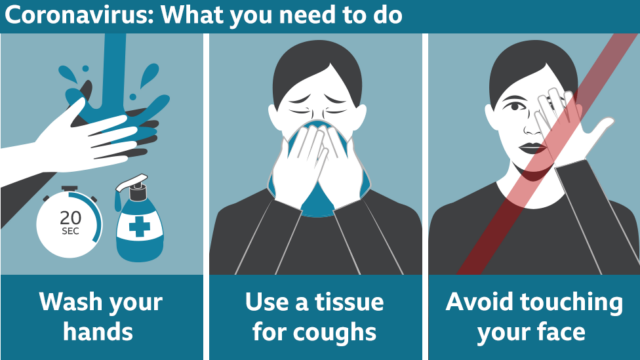Global employment law consultancy, Peninsula, has seen a 20% increase in calls to its 24-hour HR advice line, as UK employers call in asking for urgent advice on how best to manage and prepare their workplace for COVID—19.
Peninsula acts as an HR hotline for over 40,000 UK businesses and over the past week has received thousands of calls from worried employers about the coronavirus outbreak. Due to the influx of requests, a coronavirus advisory team has been created to deal with the enquiries. Employer queries have been broad and have ranged from whether they need to pay employees who self-isolate, harassment of Chinese workers to remote working practices.
Commenting on how employers can help prepare staff and the workplace for coronavirus, Kate Palmer, Associate Director of Advisory at Peninsula, said:
“Despite growing concerns about the spread of the coronavirus, it is important not to act too hastily in responding to it. While we may see an increasing number of companies exploring new ways to prevent the spread of the virus, such as closing offices and banning all forms of physical contact like handshakes, it should be remembered that the risk of contracting the virus in the UK remains relatively low.
“However, employers should bear several areas in mind.
“The Foreign and Commonwealth Office advises against all travel to the Hubei province, which includes Wuhan and Xiangfan. It also warns against all, but essential travel to the rest of mainland China and, in any case, some airlines have suspended flights to mainland China. Employers should consider alternatives, which may include postponing a business trip until the risk of infection no longer exists, or carrying out meetings via Skype or video conferencing, where possible.
“If an individual has recently travelled back from severely affected areas like Iran and parts of Northern Italy, the government is currently advising that they self-isolate even if no symptoms are present. There is no obligation to pay an employee who is not sick but cannot come to work because they have been told by a medical expert to self-isolate, or have had to go into quarantine. However, due to the circumstances, employers may decide to maintain payment to the individual, mainly if they were in Wuhan or the Hubei Province on business. If employees who fall into this category attempt to come to work, they should be reminded of these instructions and instructed to go home for the stated period.
“Alternatively, the employee could be allowed to take this period as annual leave or provided the opportunity to work from home while they see if they do start to show symptoms
“For employees travelling back from other affected areas, which at this moment includes Hong Kong, Japan and Singapore, they may decide to self-isolate if they feel they have been exposed. Again, there is no legal requirement to pay employees in this scenario unless they report as sick during that time, in which case normal sickness absence and pay procedures should apply.
“Though, Acas suggests that it is best practice to treat this period as sick leave and follow usual sick pay policies or offer the employee the option of taking paid annual leave. This can help reduce the risk that the employee feels compelled to attend work and by doing so, put other employees at risk of catching the virus. Some employers may nevertheless choose not to pay employees in this situation. While this is not unlawful, employers should be consistent in their approach if more than one employee is affected to avoid claims of less favourable treatment.
“It is likely that employers will have to prepare for higher than normal levels of absence in their business, including self-isolation, sickness absence or parents who need time off work because their child’s school has closed”.




